
James O'Brien 10am - 1pm
19 May 2020, 22:30
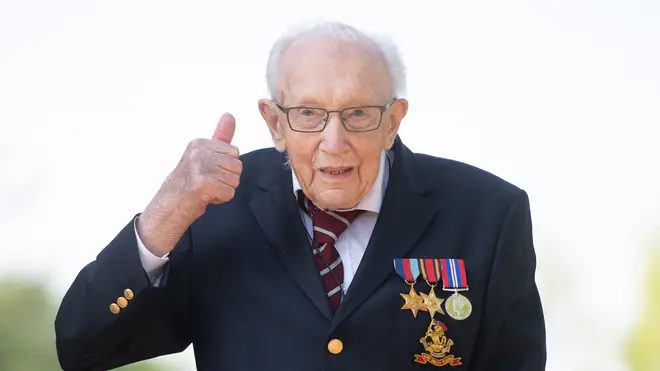
NHS fundraiser and World War Two veteran Captain Tom Moore is set to be knighted by the Queen in thanks for his fundraising efforts during the coronavirus pandemic.
Sir Tom has embodied the resilience of the British people during the coronavirus pandemic, becoming a national treasure in the process.
The incredible man, who last month celebrated his 100th birthday, inspired a nation when he began walking laps of his Bedfordshire garden to raise money for the NHS.
But despite only wanting to raise £1,000, he has gone on to secure £33 million as the British public got behind him.
Reacting to the news of his knighthood, Sir Tom said: "I am absolutely overwhelmed. Never for one moment could I have imagined to be awarded with such a great honour.
"I'd like to thank Her Majesty the Queen, the Prime Minister and the Great British public. I will remain at your service.
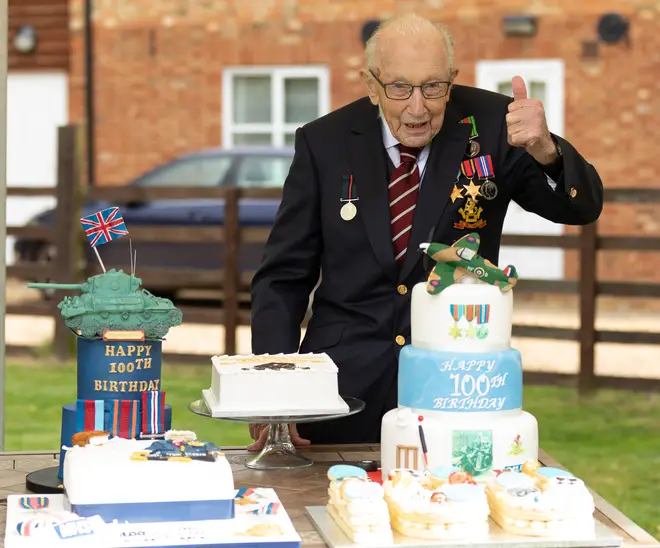
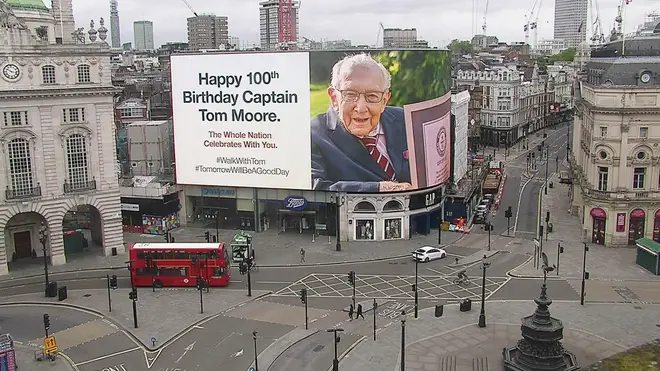
"This started as something small and I've been overwhelmed by the gratitude and love from the British public and beyond.
"We must take this opportunity to recognise our frontline heroes of the National Health Service who put their lives at risk everyday to keep us safe."
Sir Tom's actions have provided much needed financial relief for the nation's frontline health workers.

Captain Tom Moore on his fundraising for the NHS
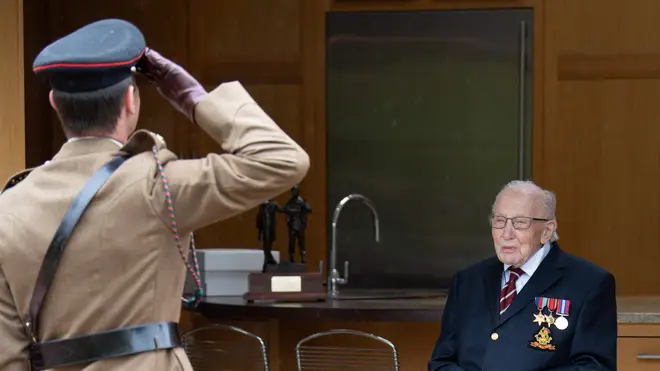
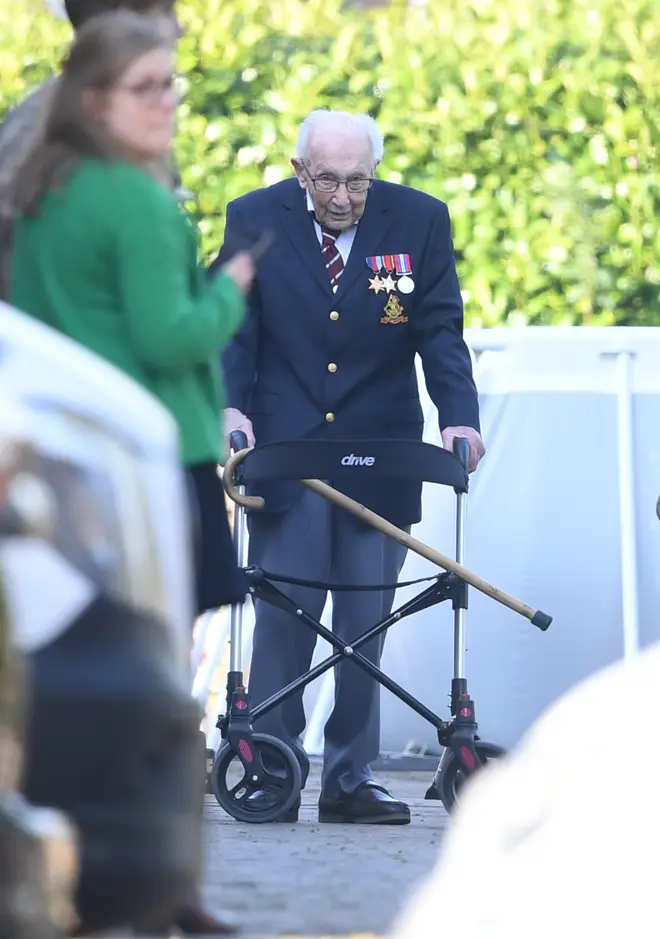
Prime Minister Boris Johnson personally recommended him for the knighthood, describing him as a "true national treasure" praised his "fantastic fundraising" which he said "provided us all with a beacon of light through the fog of coronavirus".
Mr Johnson said: “Colonel Tom’s fantastic fundraising broke records, inspired the whole country and provided us all with a beacon of light through the fog of coronavirus.
“On behalf of everyone who has been moved by his incredible story, I want to say a huge thank you. He’s a true national treasure.”
Labour leader Sir Keir Starmer also congratulated Sir Tom who he said had brought "inspiration to millions and helped all of us to celebrate the extraordinary achievements of our NHS".
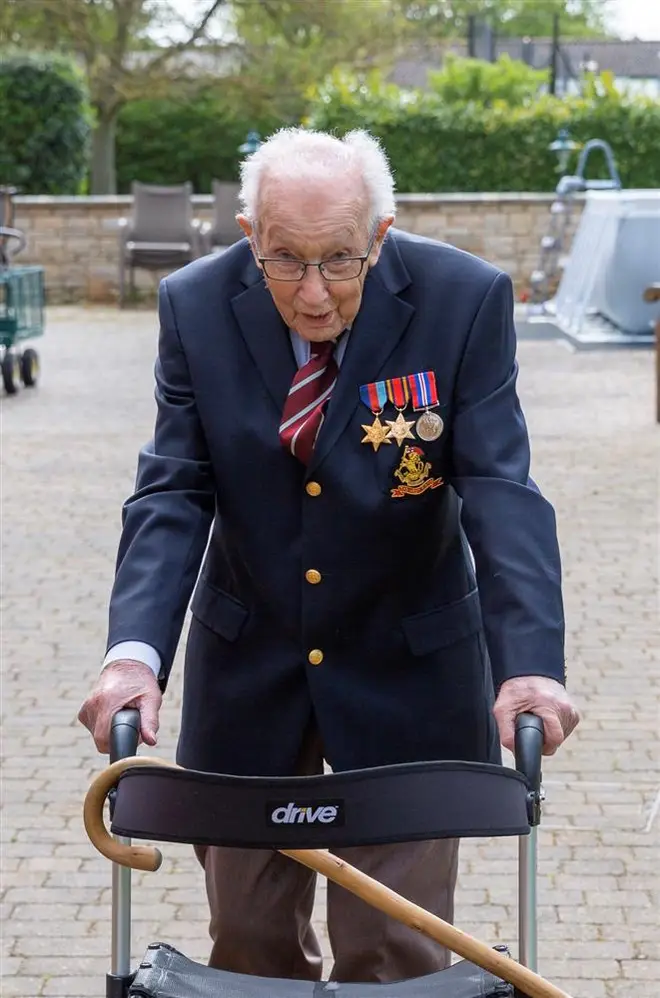
He added: "In his actions, Tom embodied the national solidarity which has grown throughout this crisis, and showed us that everyone can play their part in helping build a better future."
Sir Tom has now become one of the most recognisable faces in the country, and has been granted a number of accolades in thanks for all he has done.
For his 100th birthday last month, more than 125,000 birthday cards were sent to his home town, which filled an entire school hall.
In the time since he first began his walking, Sir Tom was made an honorary Colonel, and secured a number one single with Micheal Ball when he released a version of You'll Never Walk Alone.
The public can't seem to get enough of his story, and Sir Tom has also announced he will release two books later this year alongside a charitable foundation.

Captain Tom Moore gives an inspirational message on his 100th birthday
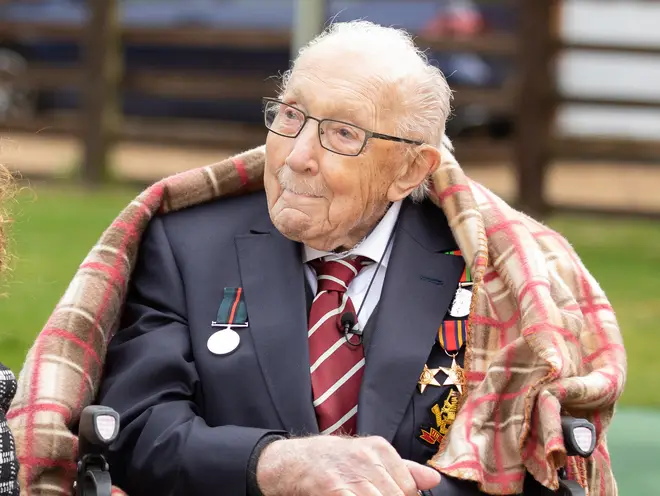
His autobiography, called Tomorrow Will Be A Good Day, and a children's picture book will support the Captain Tom Foundation.
It will be published on September 17, and will tell of his time on the battlefields of Burma in the Second World War.
It will also tell how he raced motorbikes competitively, how he took off for the Himalayas and Everest in his nineties because he had never been before, and his fundraising efforts for the NHS.
Captain Tom and his family want the Captain Tom Foundation to help combat loneliness, support hospices and help those facing bereavement.
A Government spokeswoman added: "We know there is huge appetite to say thank you to all those supporting the nation during this emergency and doing incredible things day in, day out, up and down the country.
"We will ensure these unsung heroes are recognised in the right way, at the right time."
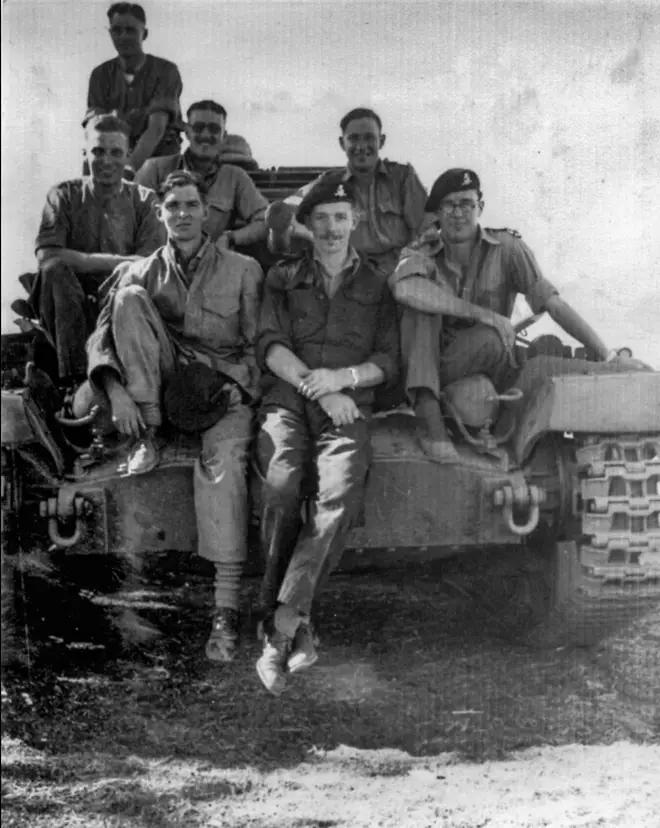
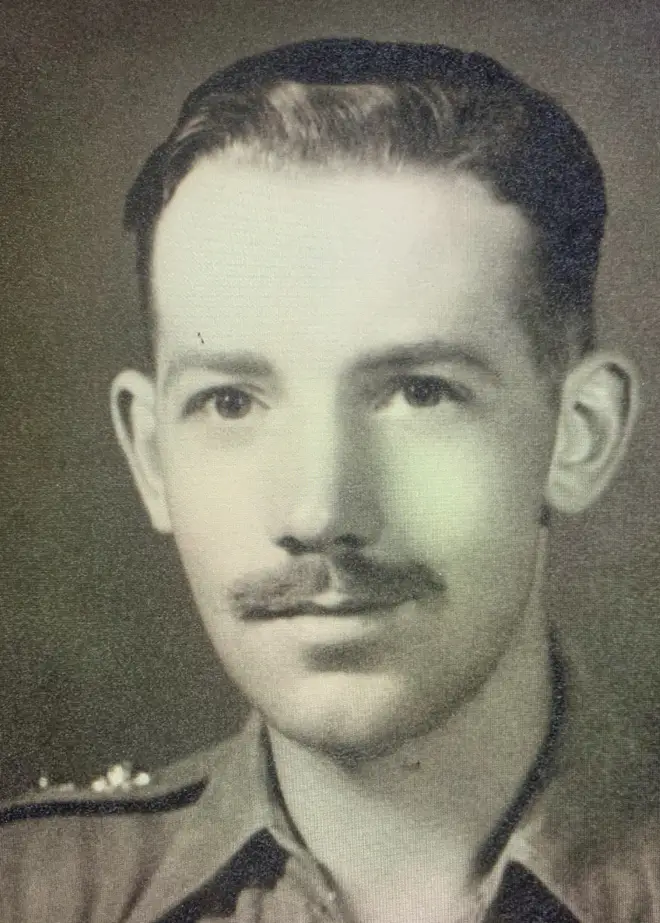
Sir Tom enlisted into the eighth battalion of the Duke of Wellington's Regiment (8 DWR), an infantry unit that was converted to operate Churchill tanks as part of the Royal Armoured Corps (RAC).
In 1940 he was selected for officer training and rose to the rank of captain, later being posted to 9 DWR in India.
He served and fought in the Arakan in western Burma, since renamed Rakhine State, and went with his regiment to Sumatra after the Japanese surrender.
After the war he returned to the UK and worked as an instructor at the Armoured Fighting Vehicle School in Bovington, Dorset.
He lived in Kent for many years before moving to Bedfordshire to be with his family in 2007.